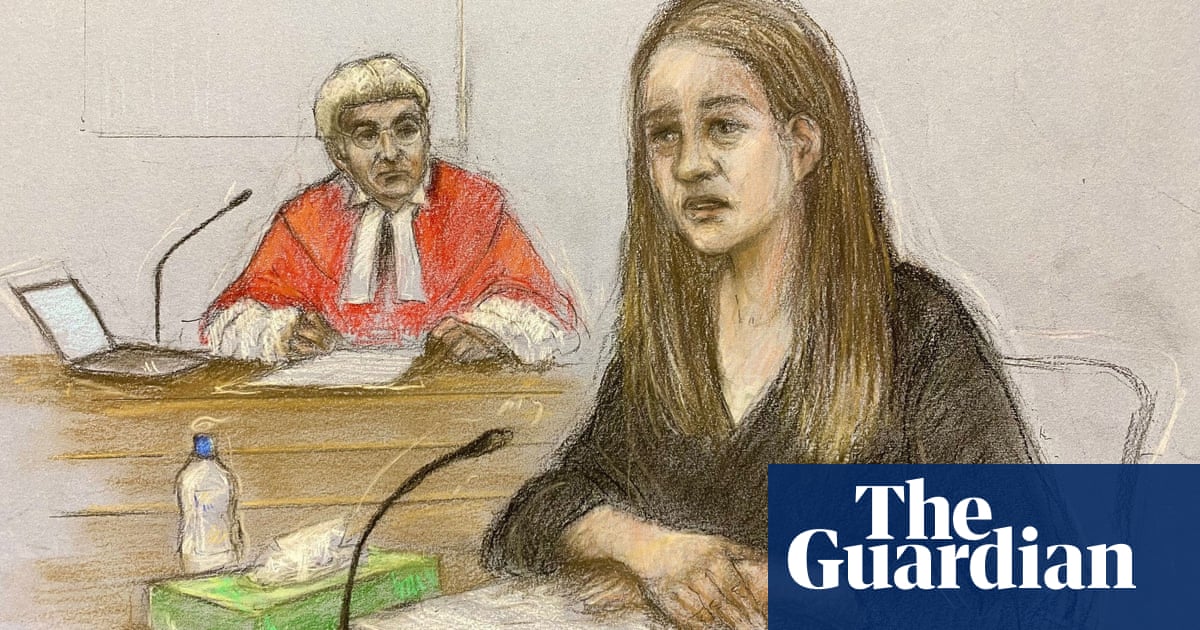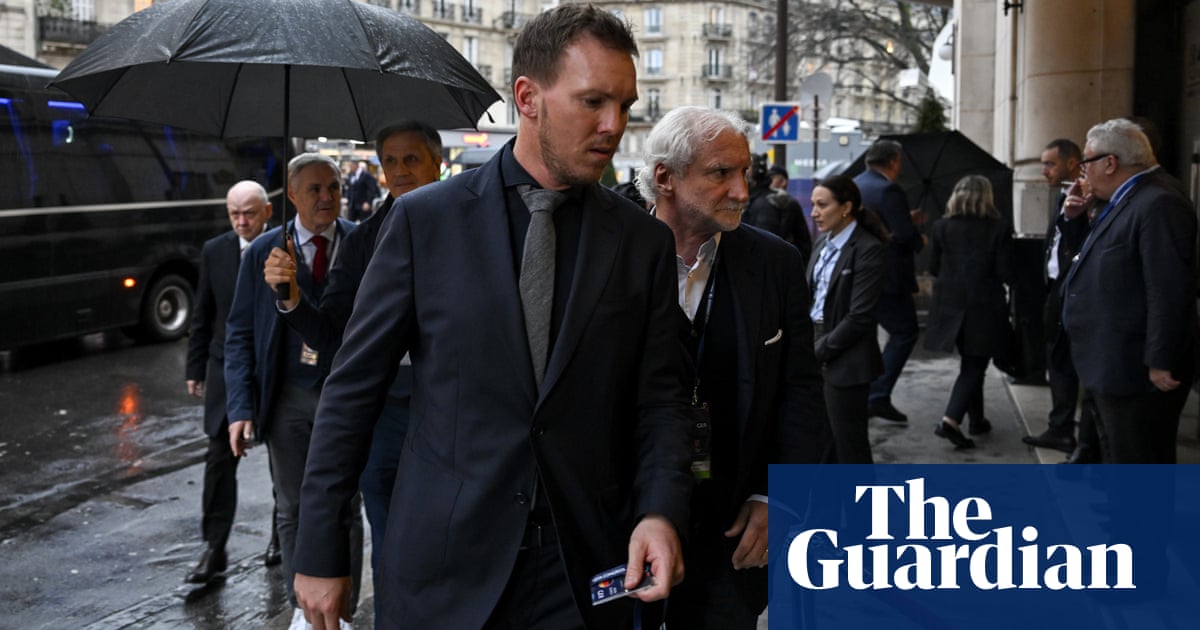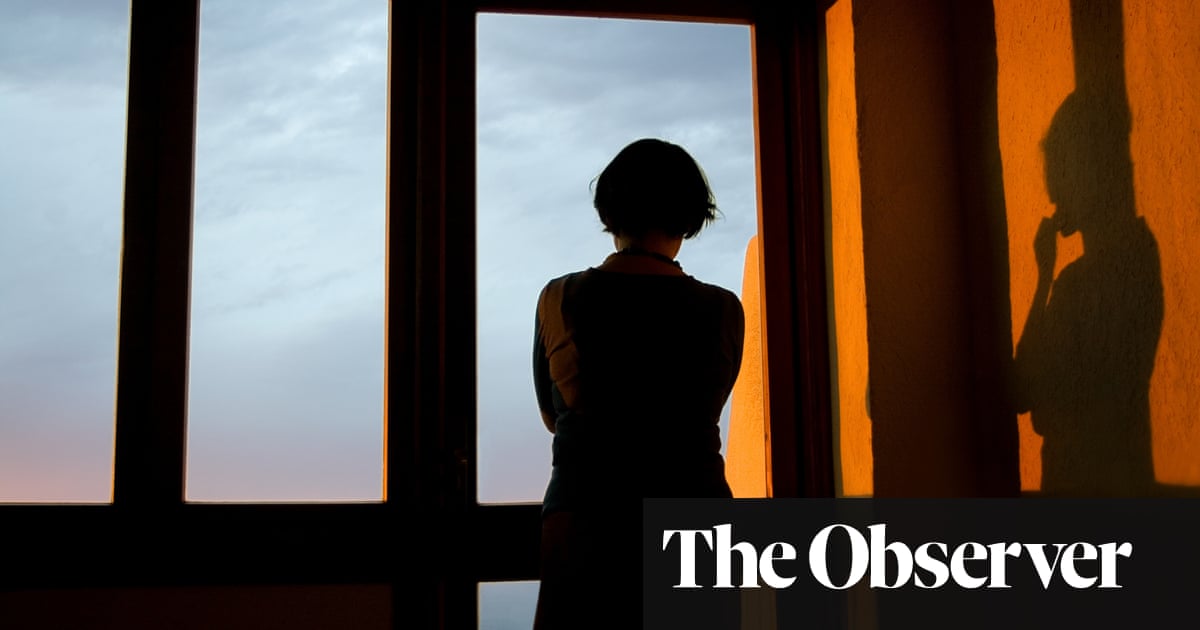
The woman who recorded the shocking video of George Floyd’s death that prompted mass protests for racial justice around the world has told the Derek Chauvin murder trial of her feelings of guilt at being unable to intervene to save his life.
Darnella Frazier, who at times sobbed as she gave evidence on the second day of Chauvin’s trial in Minneapolis, said that she still loses sleep over the killing of the 46-year-old Black man.
“I ended up apologising and apologising to George Floyd for not doing more,” she said.
But, Frazier added, it is not about what she should have done.
“It’s what he should have done,” she said in apparent reference to the Chauvin.
Frazier was 17 when she recorded the video as a bystander.
Chauvin, 45, who is white, has denied charges of second- and third-degree murder, and manslaughter, over the death of Floyd last May. He faces up to 40 years in prison if convicted of the most serious charge
Frazier’s more than nine-minute video of Chauvin kneeling on Floyd’s neck as he lies prone on the ground outraged millions of people in the US and beyond in part because the now former Minneapolis police officer ignored increasingly desperate pleas from Floyd as he repeatedly said he could not breathe.
Prosecutors have presented Frazier’s video as compelling evidence of Chauvin’s guilt.
“You can believe your eyes, that it was homicide, it was murder,” one of the prosecutors, Jerry Blackwell, told the court in his opening statement on Monday.
Frazier, who is now 18, said she began recording the incident because Floyd looked “terrified and scared, begging for his life”.
She was so horrified by coming across the scene that she told her younger cousin to go into a food store so she would not have to see it, the court heard.
The prosecution used Frazier to reinforce the case they are building that Chauvin maliciously kept his knee on Floyd’s neck even when it was clear the detained man was not resisting arrest and was increasingly in danger.
Frazier said that despite the appeals from the crowd, Chauvin did not ease up as he pinned Floyd down.
“He had like, this cold look,” she said. “It seemed as if he didn’t care.”
At another point, Frazier said Chauvin reacted to appeals from the crowd by increasing the pressure on Floyd.
“If anything he was kneeling harder, like he was shoving his knee into his neck,” she said.
The prosecution’s questioning of witnesses through the second day sought to established that police officers did nothing to help Floyd despite his growing distress and struggle to breathe.
Prosecutors also sought to head off defence claims that Chauvin’s actions were influenced by threats to his and other officers safety from an increasingly alarmed crowd of bystanders.
Frazier denied defence claims that the police were threatened by the growing crowd. She said they wanted to intervene to help Floyd, who was in distress.
“Anytime anyone tried to get close, they [the police] were defensive,” she said.
Frazier said she felt threatened by the police officers, including Chauvin, who put their hands on the containers of mace spray that officers carry.
Genevieve Hansen, a Minneapolis firefighter with emergency medical training who was off duty and passing by, testified that the police would not let her give medical attention to Floyd.
“He wasn’t moving and he was cuffed. Three grown men putting their weight on was too much,” she said. “It didn’t take me long to realise that he had an altered state of consciousness.”
Hansen said her training told her that he needed immediate help.
“What I needed to know was whether he had a pulse anymore,” she told the court.
Hansen said she identified herself as a firefighter with medical training to one of the officers, Tou Thao, who was not restraining Floyd but was keeping onlookers at bay and in effect standing guard for Chauvin.
She said Thao responded that if she really was a firefighter she should know better than to get involved.
“I tried to be reasonable and then I tried to be assertive,” she said. “I pled and was desperate.”
Hansen said she felt helpless because there was a man being killed in front of her and she was denied the opportunity to help him.
Earlier in the day, another witness to Floyd’s death said that he called the emergency services during the incident because “I believed I witnessed a murder”.
Donald Williams, a mixed martial arts fighter, said he pleaded with Chauvin to stop what he termed a dangerous “blood choke” on Floyd.
“You could see that he was going through tremendous pain,” said Williams. “You could see his eyes go back in his head … You could see he was trying to gasp for air.”
Williams told the closely watched trial he was prevented from intervening to help Floyd by Thao who pushed him in the chest and back on to the curb.
Williams said he raised his voice in anger but did not otherwise intervene “for fear of myself and fear of people around me” from the officers.
As Floyd was taken away by ambulance, Williams called the 911 emergency number to report what he believed to be a crime – essentially calling the police on the police.
He can be heard repeatedly saying “murderers bro” on the call, audio of which was played in court.
On cross examination, defence lawyer Eric Nelson put it to Williams that he was increasingly angry and threatening as he taunted Chauvin by calling him “a bum” at least 13 times, “a bitch” and telling him that “within next two years you will shoot yourself”.
Williams denied he was letting his anger get the better of him.
Thao – and two other officers who were next to Chauvin and helping restrain Floyd – are scheduled to be tried together later this year on charges of aiding and abetting murder and manslaughter.
The trial continues.











